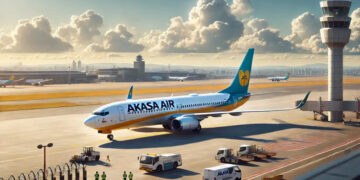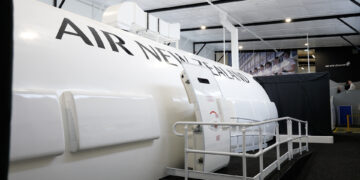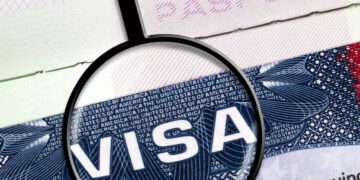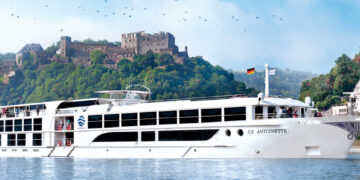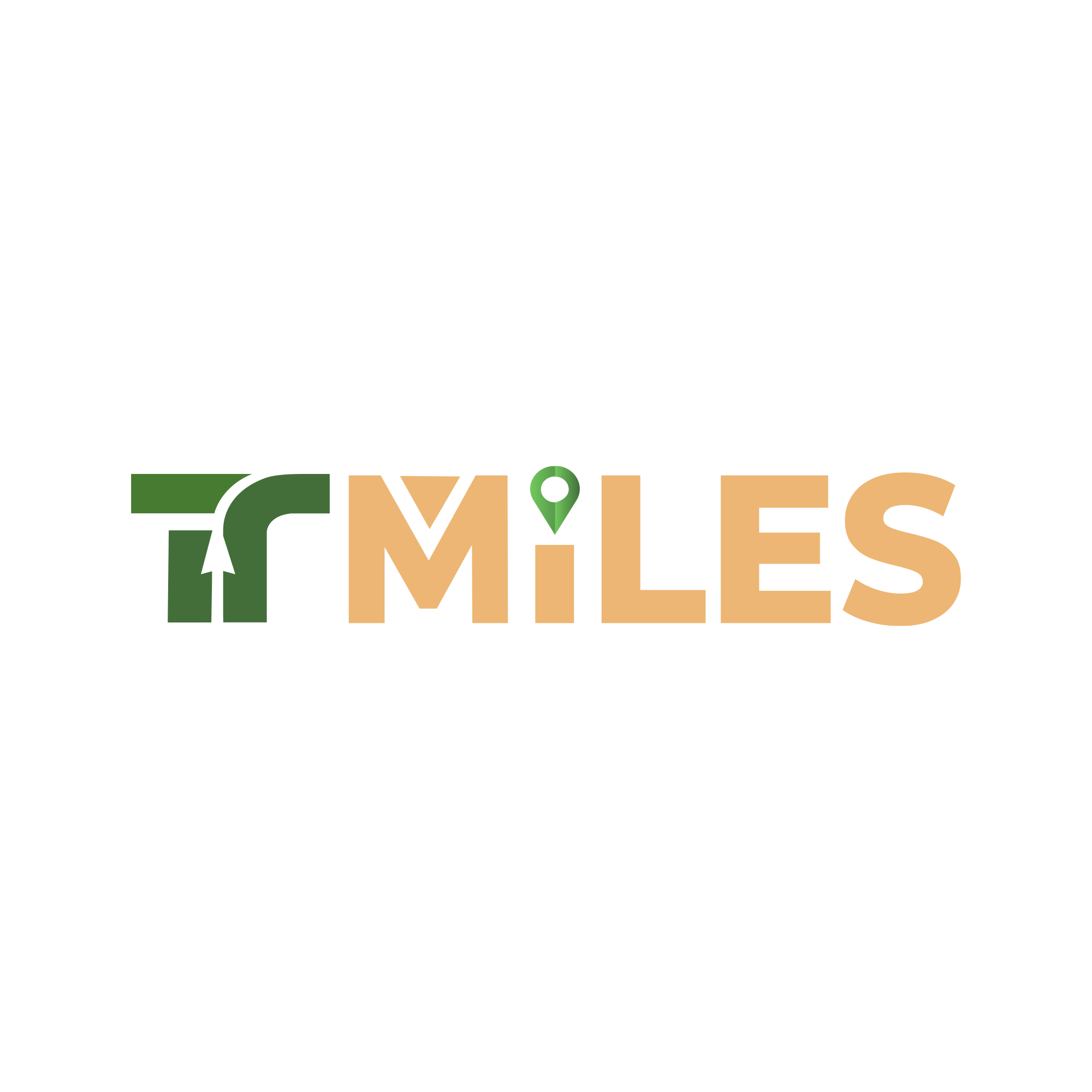12 Peruvian Festivals, One for Each Month of the Year!
Perhaps you’ve read somewhere or other that there are over 3,000 traditional Peruvian festivals held throughout the year? It’s a popular claim that pops up time and again in guidebooks and on websites, and though we ourselves haven’t verified the number, it certainly wouldn’t surprise us! Peru is a country that holds onto its traditions while increasingly embracing innovation as well, a perfect storm for festivals and fiestas of all types to flourish and to grow.
If you’re planning to visit Peru, you might find yourself intrigued by the prospect of observing, or even participating in, one of these many different Peruvian festivals. If that’s the case, you’re in luck–we’ve taken the liberty to compile a list of some of our favorite Peruvian festivals, including one for each month of the year in hopes that you’ll find something that corresponds with the dates of your trip. Keep in mind that this is very much just the tip of the iceberg–all of these Peruvian festivals are fantastic, but there are many more that we’ve had to leave out simply due to the nature of our list. If we haven’t included any options that work out with your travel itinerary, don’t fret–get to researching and we’re sure you’ll find the festival for you.
So without further ado, let’s get to it! Here is our list of twelve awesome Peruvian festivals, one for each month of the year:
1. January–Trujillo Marinera Festival
Trujillo, a coastal city in northern Peru, is the traditional home of the marinera, an elegant couple’s dance making use of handkerchiefs as props. Since 1986 it’s been the official national capital of this dance, a status celebrated annually in a month-long marinera festival held throughout the city! The Festival de Marinera, as it’s known in Spanish, features dance competitions, parades, and even exhibitions of the Peruvian Paso, a breed of horse also recognized as part of the cultural patrimony of the Trujillo region. One of our favorite Peruvian festivals, this one is a can’t miss if you find yourself in the area during January.
2. February–Fiesta de la Candelaria
The Fiesta de la Candelaria is not only the largest and most famous festival in Peru, but also one of the largest in South America as a whole–in fact, throughout the continent, it’s only dwarfed by the world-famous Carnival in Rio de Janeiro and the Carnaval de Ouro in Bolivia. The first of many religious Peruvian festivals on our list, the Fiesta de la Candelaria celebrates the Virgin of Candelaria, the patron saint of the town of Puno where the festivities are held. Music and dance are at the core of this festival, all of it performed by elaborately-costumed participants numbering well over 40,000. An incredible two week-long synthesis of indigenous and Catholic traditions, this is one of the most iconic Peruvian festivals.
3. March–Festival Internacional de la Vendimia
Depending upon where Easter falls during a given year, the month of March can either be very busy or very quiet as far as major Peruvian festivals are concerned. That said, we figured we may as well take a break from the religious festivals to focus on something else with a different sort of appeal–wine! The Ica Region of Peru is famous for a number of things, the Nazca Lines and the desert oasis of La Huacachina among them, but those in-the-know also recognize it as the finest wine-producing region in the country. This role has been celebrated annually in March since the 1950s during the Festival Internacional de la Vendimia, or the International Harvest Festival, in which a queen is famously chosen to ceremoniously stomp the first grapes of the season.
4. April–Festividad del Señor del los Temblores del Cusco

Image appears courtesy of www.photoexperience.net.
El Señor de los Temblores, or the Lord of the Earthquakes, is the patron saint of Cusco and the celebratory focus of this major Holy Week celebration. The story goes that during an earthquake here in 1650, a canvas image of Jesus Christ was held to the sky as prayers were offered, causing the tremors to subside and saving the town from ruin. Since then, this statue commemorating the original image has become the focal point of an important annual celebration. Each Easter Monday at 7 PM, the statue is removed from Cusco’s cathedral and paraded throughout the city. Amazingly, it’s said that the statue was not originally black, but rather that its color is due to years of exposure to smoke from incense during religious ceremonies.
5. May–Fiesta de las Cruces
First of all, let’s be clear: the Fiesta de las Cruces, or the Festival of the Crosses, is not a uniquely Peruvian celebration. However, the way the Peruvians celebrate it does make it one of the most important Peruvian festivals. You see, the Festival of the Crosses is not held in just one spot in the country. Rather, the festival is celebrated in towns and cities throughout Peru, each putting their own unique spin on things. Though the name may conjure up solemn images, don’t worry–festivals throughout the Peruvian highlands include music, dancing, and even events such as bullfighting as part of the celebrations.
6. June–Inti Raymi
Inti Raymi, the ancient Inca Festival of the Sun, is one of the most traditional Peruvian festivals on our list, indigenous in design and untouched by Catholic tradition. Held annually on June 24th, Inti Raymi is meant to celebrate the Winter Solstice–remember that we’re in the Southern Hemisphere here! Banned by the Spanish and the Catholic Church after 1535, the modern incarnation of the celebration began in 1944 based on the few historical records of the festivities that managed to survive. Since then it has grown in size and scope, and though sometimes derided as tourist pageantry by detractors, its historical and cultural significance definitely make it worth checking out among the many Peruvian festivals.
7. July–Fiesta de la Virgen del Carmen

Image appears courtesy of canadiansocietyforasianarts.org.
Another fine example of traditional Andean culture blended with Catholicism, the Fiesta de la Virgen del Carmen is held annually around the 16th of July in the relatively small town of Paucartambo, some four hours outside of Cusco. This three or four day festival is nominally religious but also one of the biggest and wildest parties in Peru, drawing visitors from all over the country, many of whom pass the nights sleeping under the stars as there’s simply not enough space in town! If you know what you’re looking for, you’ll actually notice some serious Peruvian history depicted in the festival’s songs, costumes, and dance–for example, black-masked dancers represent African slaves imported to work the silver mines here during the colonial era.
8. August–Día de Santa Rosa de Lima
Santa Rosa de Lima was the first native-born American saint canonized by the Catholic Church, and her legacy is celebrated throughout the world. However, it should come as no surprise that the grandest festivities take place in her home country of Peru. On August 30th, the anniversary of her death, celebrations and memorials take place throughout the country, the most famous being in Santa Rosa de Quives just outside of the capital city itself.
9. September–Mistura Culinary Festival
As you should know by now, Peruvian cuisine is some of the world’s best and Lima in particular features what is probably South America’s most impressive culinary scene. And as if the food wasn’t enticing enough year round, the prospect of eating your way through Peru becomes even more appealing each September when the Mistura Culinary Festival rolls around. Featuring over 200 restaurants and bars not to mention plenty of outdoor vendors and food carts, well over half a million visitors stop by to enjoy the festival’s offerings over the course of some ten days in mid-September. Though certainly not one of the most traditional Peruvian festivals on our list, this is without a doubt the most delicious.
10. October–Procesión del Señor de los Milagros
The story might sound a bit familiar–an 18th Century earthquake destroyed a good part of town leaving only this iconic image of Jesus Christ standing. This was considered a miracle, the image became even more venerated, and with time the celebration of its feast day became the largest religious celebration in Peru featuring one of the longest processions of any religious gathering in the world. If you’re just looking to have fun, this one probably isn’t for you–however, this considerably more solemn celebration is one of the most important Peruvian festivals and we couldn’t leave it off our list.
11. November–Puno Week
Perhaps the name Puno rings a bell? If so, you’ve got a good memory–this is the same city where our February festival choice of the Fiesta de la Candelaria took place! Puno Week takes place during the beginning of November and centers around November 5th, also known as Puno Day. The purpose of Puno Day, and by extension Puno Week, is to celebrate the legendary birth of one Manco Cápac, said to be the first Inca. This involves a very interesting reenactment of his arrival on the shores of Lake Titicaca bordering the city–and it’s also just a great excuse to party the whole week long.
12. December–Santuranticuy

Image appears courtesy of www.cuscoperu.com.
As we wind down our list, a few things should by now be obvious: the first is that Peruvians love their festivals, and the second is that many of these Peruvian festivals feature religious–and here that means Catholic–themes. The final entry on our list is of course no exception–Santuranticuy is held exclusively in the city of Cusco each year on Christmas Eve, December 24th, and is essentially a massive outdoor marketplace set up to celebrate the holiday. The festival’s name, which means “sale of saints,” is quite appropriate, as the primary draw here are dolls, sculptures, and figurines used to decorate the nacimientos, or Catholic nativity scenes, found in many Peruvian homes during the Christmas season. However, even if you aren’t religious, you’re sure to find something of interest at this most shopper-friendly of Peruvian festivals.
The post 12 Peruvian Festivals, One for Each Month of the Year! appeared first on IncaTrail.info.

